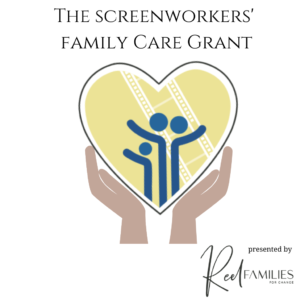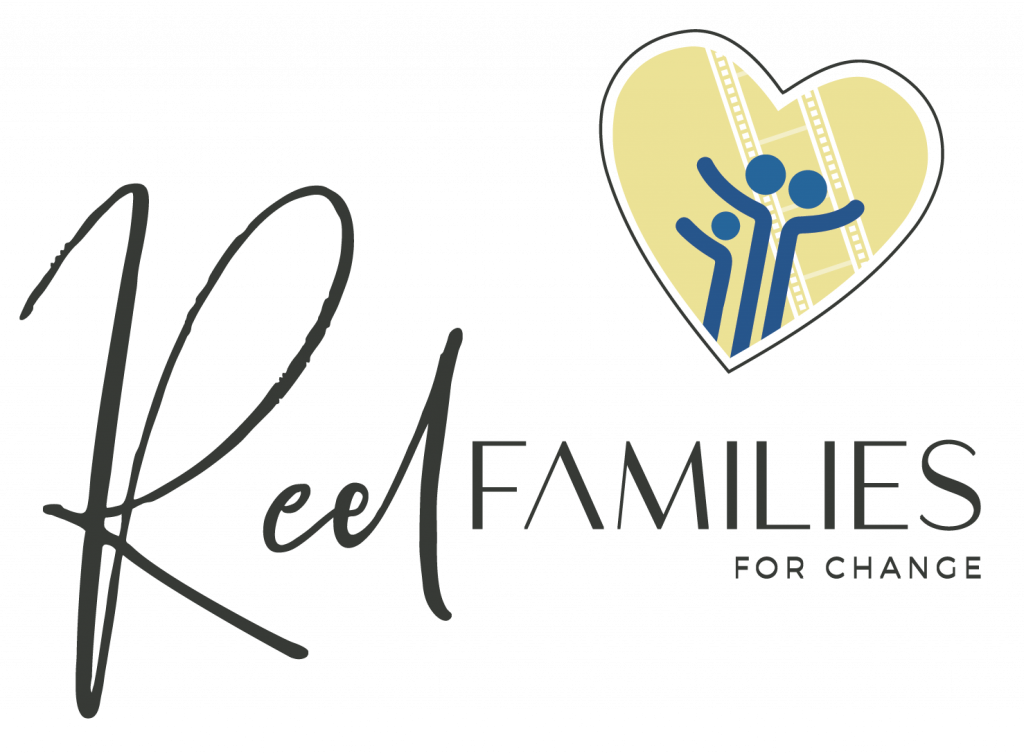Seeing Arts Work as Real Work:
How the WGA Strike is rewriting a narrative
Written by Sarah Lutot
The Writers Guild of America (WGA) is a union of writers in the screen industries. The Alliance of Motion Picture and Television (AMPTP) represents film and television production companies in collective bargaining agreements.
Recently, negotiations between the WGA and the AMPTP regarding equitable pay and writers room structure came to halt. On May 2, 2023 at 12:01 a.m. PDT, the Guild called on its members to strike in an effort to leverage a fair contract.
For some time, the fight for fair wages, sustainable work practices, and equitable treatment in the entertainment industry has been rife with brief acknowledgements that don’t pan out to real action. The WGA believes that as the viewership and revenue of streamers continue to grow, writers, who play a crucial role in creating the shows, should also receive fair compensation similar to broadcast TV residuals.
While the ongoing WGA strike has brought to the forefront the struggle for basic necessities, we at Reel Families for Change (RFC) urge our community to consider how it speaks to the very perception of work itself. Indeed, the Writers Strike is not simply a negotiation about wages and use of technology but a conversation about dignity and respect.
Screenwriting, like most creative jobs, is still not viewed as much more than hobbyism or a passion project. However, the occupation not only requires skill, creativity, and a whole lot of effort, but is responsible for more than 88% of the world’s entertainment.

At RFC, we know there are three key changes that must occur if any sustainable shifts are to take place around the way we work, and the first is perception.
Repeatedly, we have seen how a simple shift in perception around the ideas of arts work as real work can drastically shift working relationships and have increasingly positive outcomes. This small ideological pivot tends to inform policy and practice, too.
Together, these three factors can spark innovative transformations in the way we work that might otherwise seem irrelevant or inapplicable. However, we’ve seen on more than one occasion where these shifts lead to new norms that adequately acknowledge and address the needs of arts workers.

Our goal is to amplify these success stories and replicate them throughout the industry. Rather than regurgitating stories about what’s not working, we seek to target what is and spotlight those making it possible.
By placing the emphasis there rather than on what’s broken, we can create longer lasting, more meaningful impact. To be clear, we aren’t trying to change the system itself, but rather stakeholders’ perceptions about what’s possible, who it’s possible for, and how to go about it.
For instance, we look at writers like Shonda Rhimes, Tina Fey and Issa Rae, who have managed to negotiate equitable compensation for their creative works and go on to immense success in the industry.
But how did they do it?
To oversimplify it a bit: someone cared.
In the room, across the table, someone cared enough about their contributions – past, present, and potential future – to value their work and pay them their worth. This doesn’t mean it came without incredible negotiating savvy from them and their teams, but ultimately someone perceived value in what they brought to the table and then cared enough to act accordingly.
We believe if it could happen once, it can happen again. And not just for A-listers, but for everyone.
At RFC, we accept that care equity is central to workplace wellness for everyone. We refute (and disprove) beliefs that things like fair wages, care support, and sustainability are only for a select few.
As the WGA writers proceed to #HoldTheLine in pursuit of a fair contract, we will continue to support them and their cause. Our teams are doing their best to ensure there are direct relief resources for affected workers as well as transparency and accountability efforts taking place with key stakeholders.
For those seeking financial assistance, our Family Care Grant will have a rapid relief modification for the strikers with care responsibilities.
This expanded support aims to preserve the dignity of families during challenging times. While the distributions will be smaller, they will be dispersed faster and applicants can reapply sooner than allowed with the original fund.

In addition to our direct support for working families, we’re also working hard to shape industry culture and policy with our various client services and public initiatives. For instance, our training programs and consultations help decision-makers foster more generative work systems that center work-life integration. Our community education and partnership programs, on the other hand, aim to develop legally binding accountability measures to deter harm and effectively engage in restoration if/when harm has occurred.
To create actionable strategies toward the dignified treatment of all arts workers, we have to recognize their worth. It is only by valuing and prioritizing care that we can truly achieve equity in the screen industry.
Want to help?
Donate to our rapid relief, public policy and industry reform efforts.
Your support brings us closer to achieving a fair, equitable industry for all.
Making something and curious about sustainable production practices ?Are you a power player and want to learn about generative leadership?
Reach out and let’s see how we can work together.





